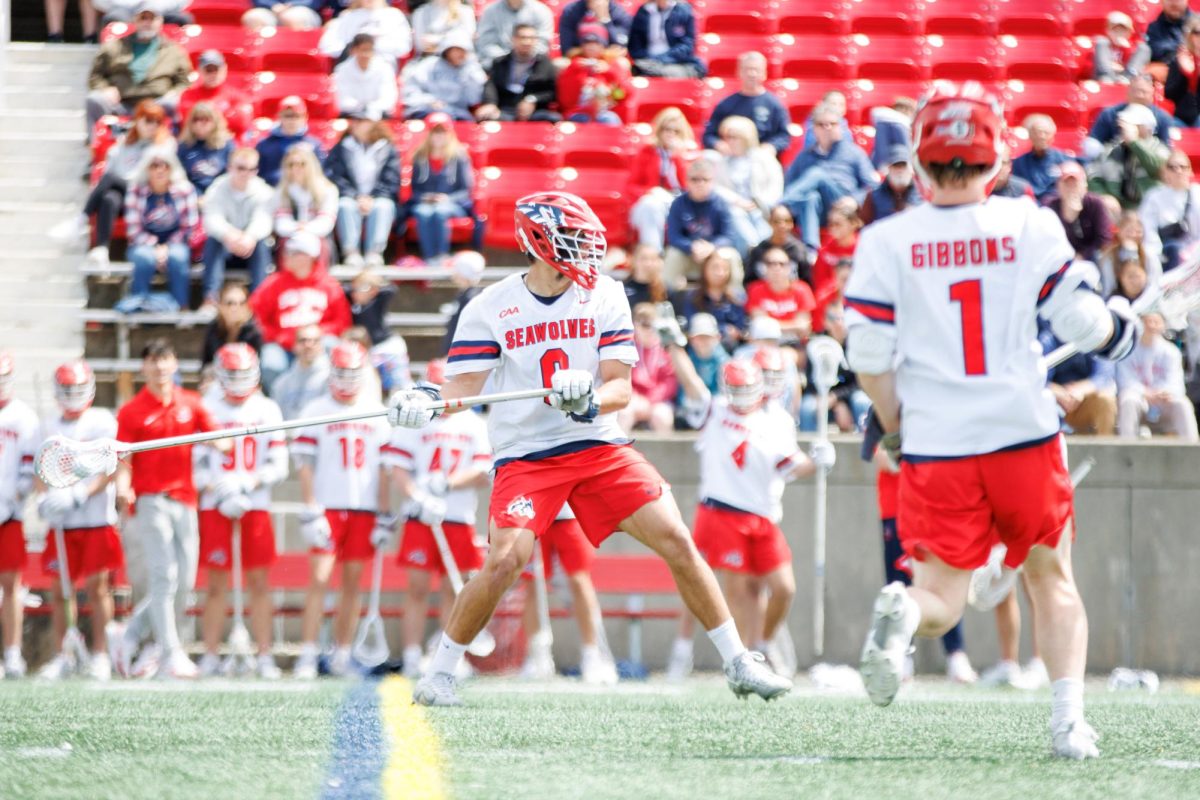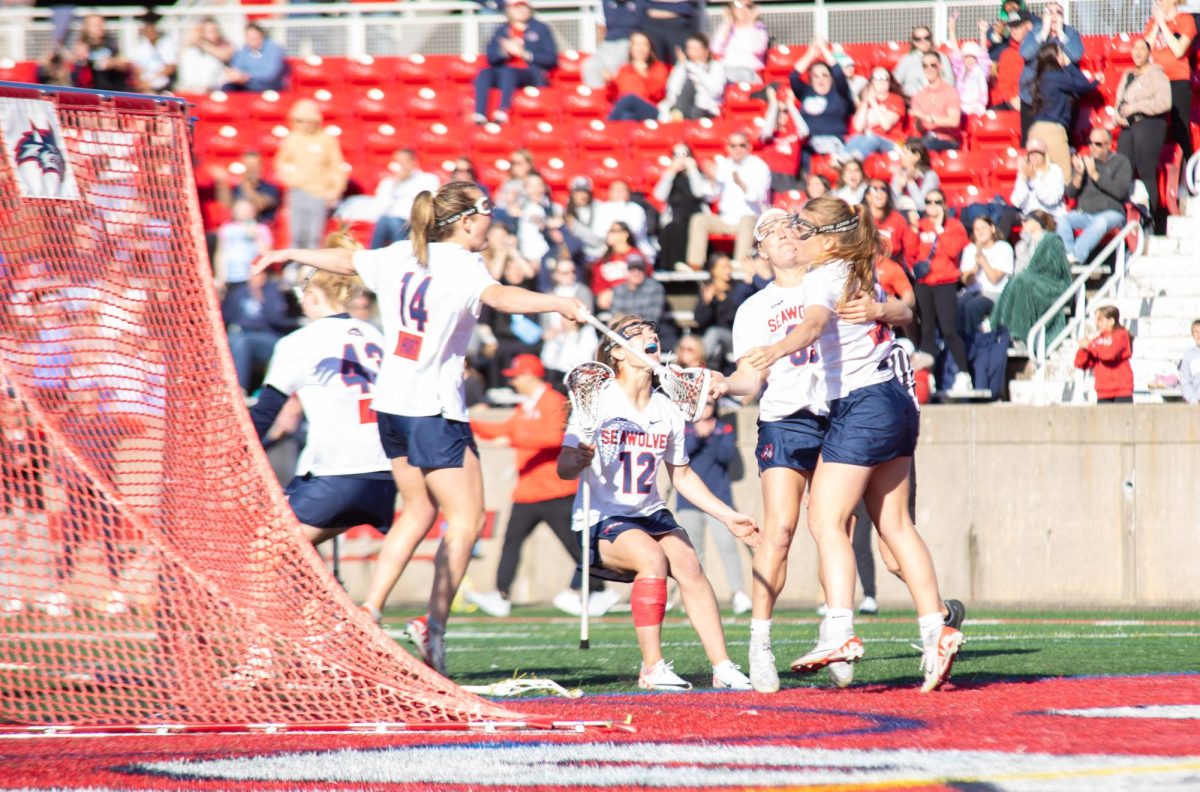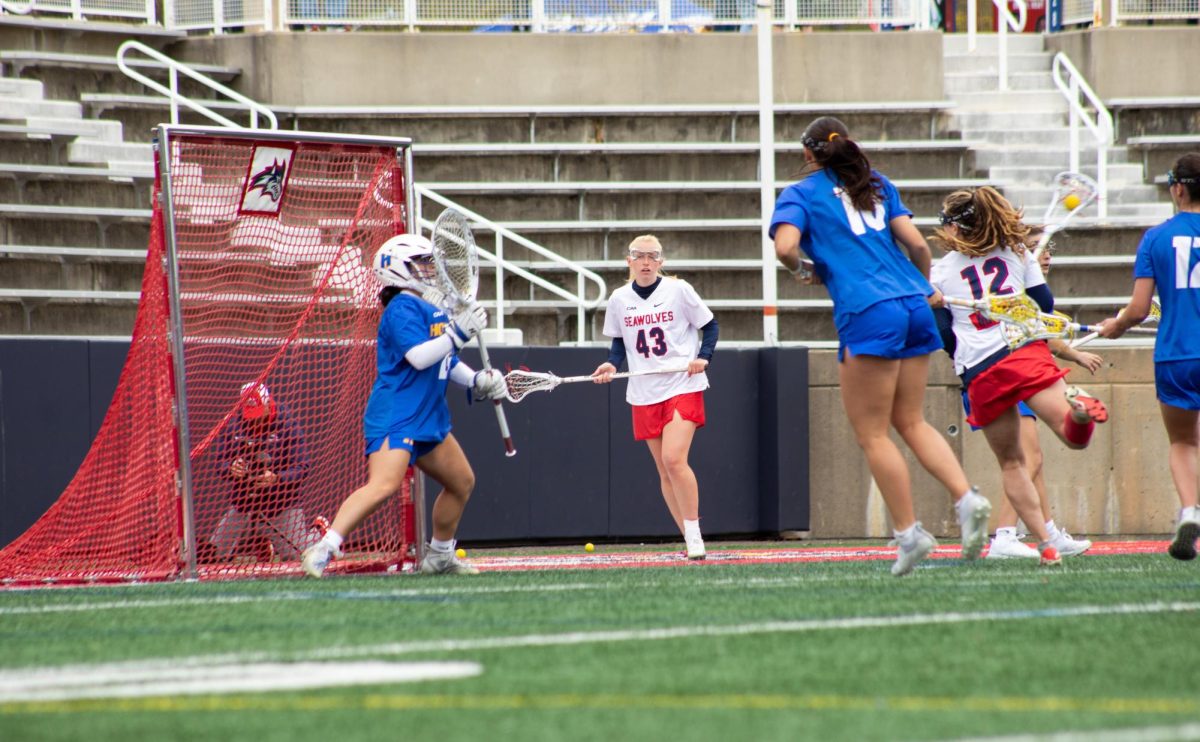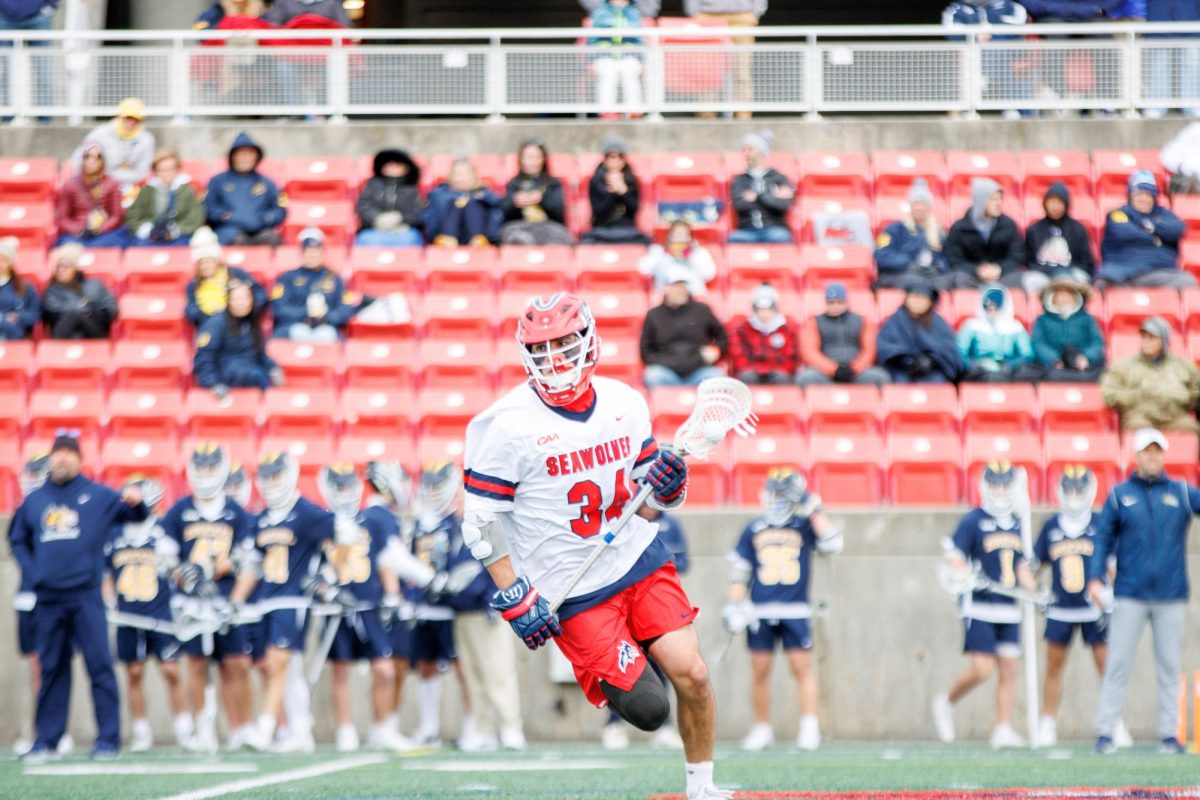If students are into combat sports that teach them to be better physically and mentally, the Brazilian Jiu-Jitsu club may interest them. The club is looking to expand and become more recognized on campus.
Brazilian Jiu-Jitsu is a combat sport that teaches its practitioners to use their body differently and teaches participants skills to defend themselves. Before the Brazilian Jiu-Jitsu club was first established at Stony Brook, it was only a fitness class at what is now the Walter J. Hawrys Recreation Center. The club is another opportunity to practice jiu-jitsu outside of the self-defense class.
“I learned a lot about my limitations and myself,” junior sociology major Ali Haneef-Raja, the president of the club, said. “It helped me become more disciplined and patient while becoming more aggressive and focused on my goals. The moves are so technical that it becomes an obsession to become great at just one move. Brazilian Jiu-Jitsu is a flow sport; each move leads to another move and that’s the beauty of it.”
The practices consist of moderately intense warm ups followed by sets of moves and certain techniques of the day. Drills are then followed by wrestling and critiques. Haneef-Raja, along with other experienced members, show beginners how to do drills properly.
“At first, we met in the basement of the sports complex,” sophomore computer science major Ming Tong Wu, the secretary of the club, said. “There is a mat room, but after last semester, we couldn’t use it anymore. So, we met at Tabler [quad] last semester. We changed to O’Neill college this semester.”
“The removal of the wrestling mats from the sports complex set us back a bit, and we had issues early on this semester with finding mats that we were allowed to use,” senior health science major Joshua Quagliato, the club’s vice president, said.
The club currently does not receive funding from Undergraduate Student Government, though registered. There are two types of club recognition on campus—Student Activities recognition and USG recognition. Clubs may receive funding from USG itself or various departments on campus.
“In order to get any sort of funding on campus, a club must be registered with student activities,” USG Treasurer Taylor Bouraad, 21, said via email. “If a club wants to be recognized by USG, then there is a process which includes: recognition, probationary funding, and the ability to move up the line budget status.”
Haneef-Raja says that the club is registered, but is not sure what happened to its funding. Attempts to find out have not been made yet due to the busy schedules of the few members.
“I look to talk to USG so I can solidify the club [budget]. I want to be official because it is growing at a rapid pace and if it is more official, more people will be drawn into joining,” Haneef-Raja said.
“I would love for the Brazilian Jiu-Jitsu Club to be more well known,” Quagliato said. He hopes that the more popular the club, the more diverse it will become and that the additions will bring different skills and experience.
In addition to sport, Brazilian Jiu-Jitsu has been used throughout the world and heavily used in military and police forces.
“You never know when you would have to defend yourself and they’re countless stories in which Brazlilian Jiu-Jitsu saved people’s lives.” Haneef-Raja said. “I would recommend anybody and everybody to try this sport out!”
The club meets three times a week on Sundays, Tuesdays and Thursdays at 7:30 p.m. in O’Neill College.
Featured image credit: © John Lamonica

















